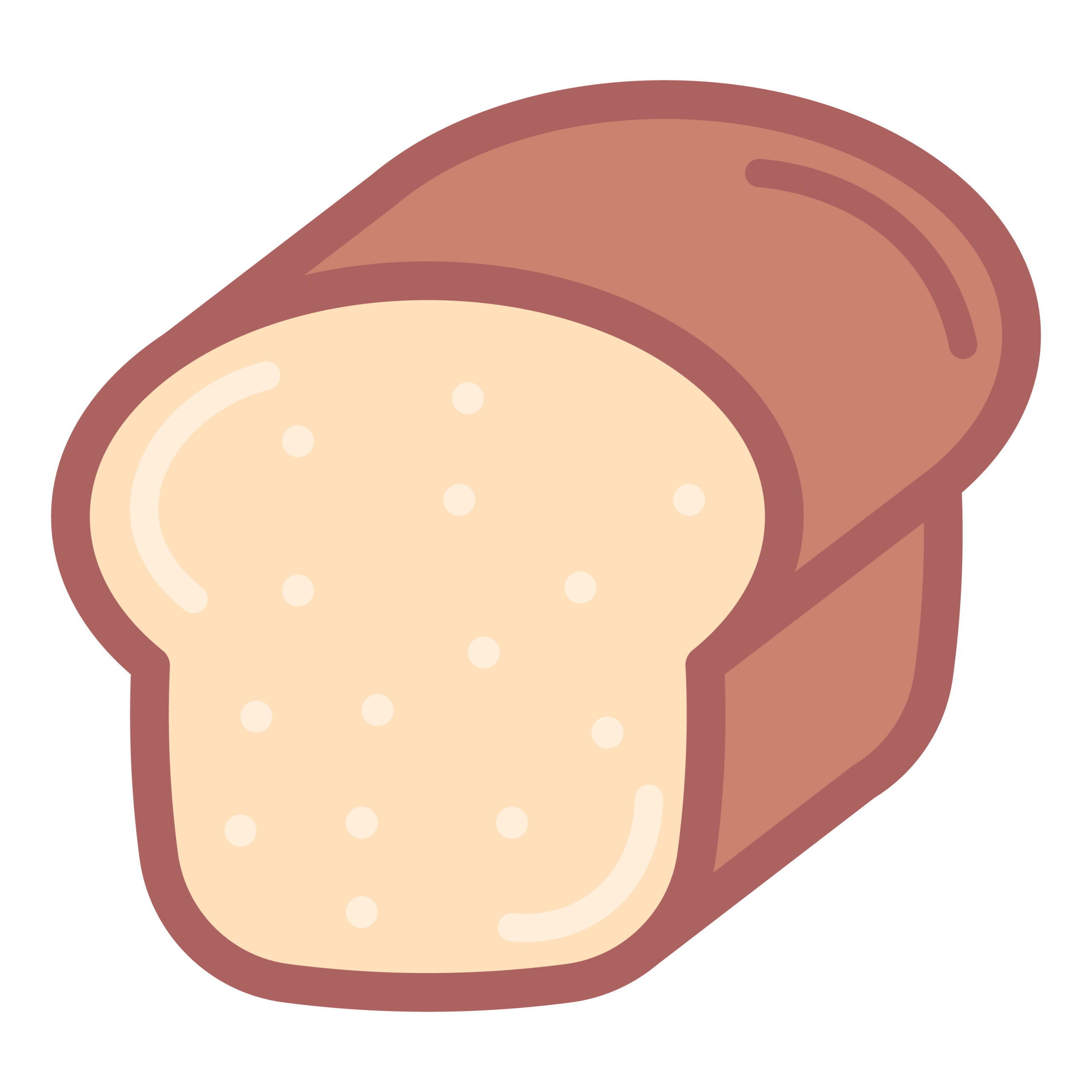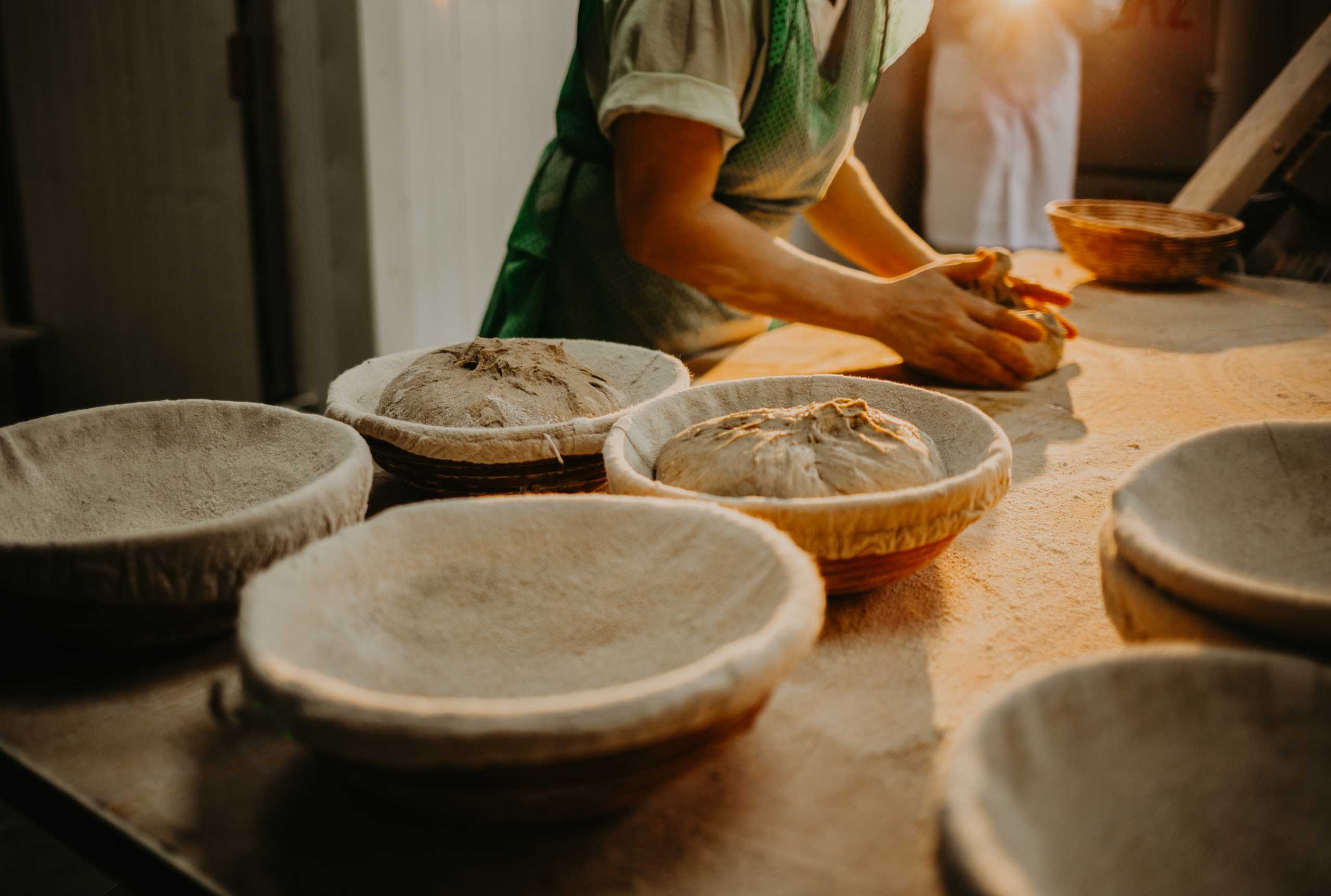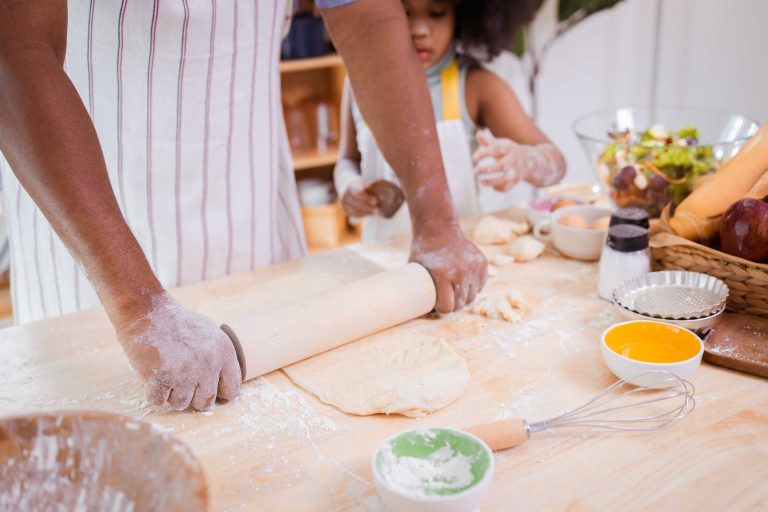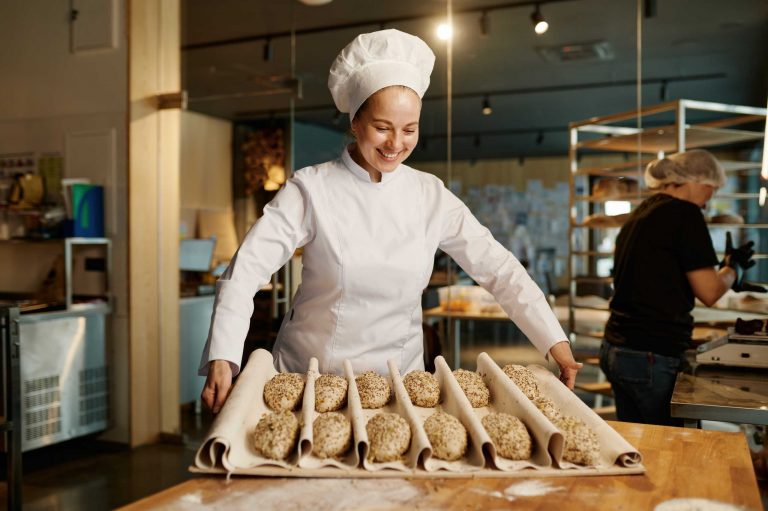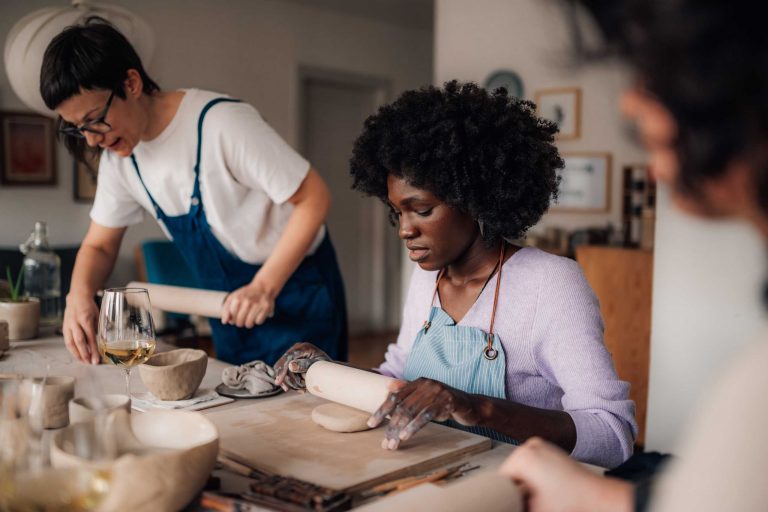Everyone starts somewhere. And when it comes to artisan baking, the learning curve can feel steep — especially if you’re new to working with sticky doughs, fermentation, or shaping. But don’t worry: many mistakes are common, easy to fix, and often lead to better understanding in the long run.
Let’s look at the most frequent beginner pitfalls — and how to overcome them with confidence.
1. Rushing the Process
Artisan baking is built on time — not shortcuts. New bakers often rush bulk fermentation or final proofing, resulting in dense or gummy bread.
Fix it:
Trust the dough. Use visual and tactile cues: look for volume increase, feel for elasticity, and don’t obsess over the clock.
2. Using Too Much Flour During Shaping
Sticky dough can be intimidating, but over-flouring your work surface ruins structure and creates a dry crust.
Fix it:
Work with slightly damp hands or a light dusting of flour. Use a bench scraper instead of fighting the stickiness.
3. Ignoring Temperature
Dough behavior changes with temperature. If your kitchen is cold, fermentation can stall. If it’s too warm, it can overproof.
Fix it:
Use warm (but not hot) water in winter, and let dough rise in a slightly warm spot. A thermometer can help build consistency.
4. Forgetting to Preheat the Oven
A cool oven leads to flat loaves and pale crusts. Artisan bread needs a blast of heat to rise properly.
Fix it:
Always preheat your oven — and your Dutch oven or baking stone — for at least 30–45 minutes. That initial heat is key to oven spring.
5. Under- or Overproofing
One of the trickiest skills is knowing when the dough is ready. Underproofed dough is tight and explodes in the oven; overproofed dough collapses.
Fix it:
Learn the “poke test”: gently press the dough — it should slowly spring back but leave a slight impression.
The Good News? Mistakes Are Part of the Process
Every baker — even professionals — makes less-than-perfect loaves. Each flat, gummy, or pale bread teaches something. The key is to pay attention, stay curious, and keep baking.
With each mistake, you’re actually building experience. And before long, you’ll find yourself adjusting dough by feel, reading fermentation like a second language, and trusting your instincts.
Because artisan baking isn’t about perfection — it’s about learning the rhythm of bread.
